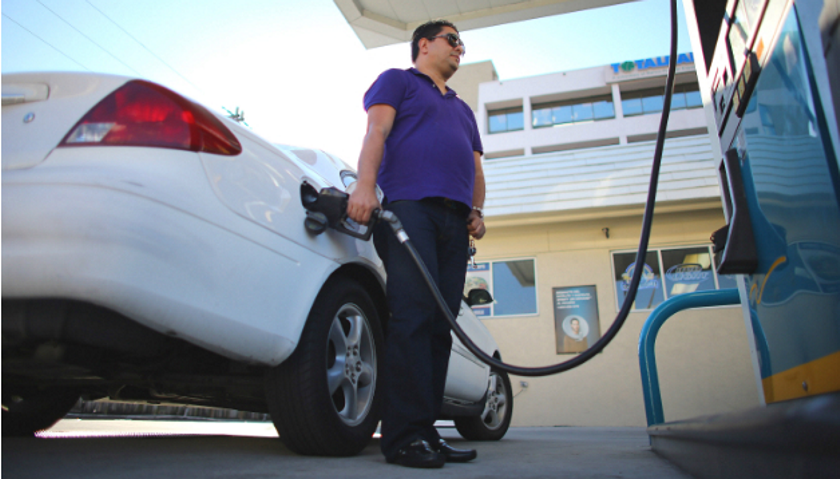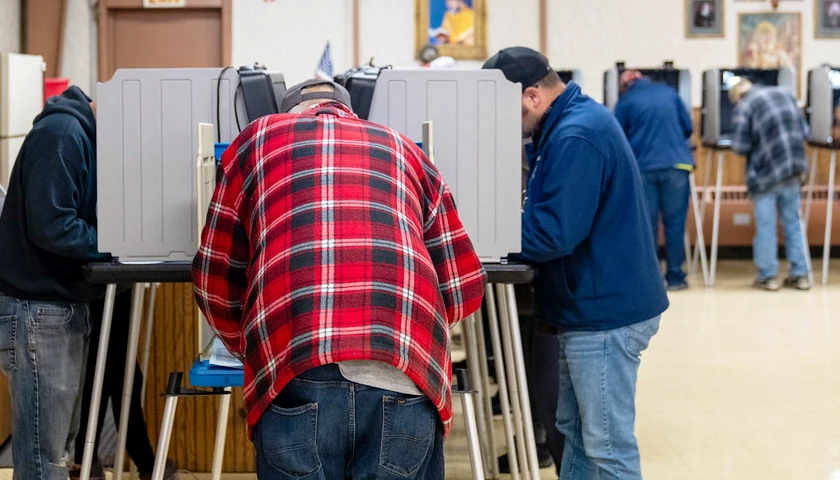Friday, Ohio Department of Transportation Director Jack Marchbanks formally introduced the proposed 2020-21 Biennial Budget. House Bill 62 (HB 62), the budget’s formal designation, includes an 18-cent gas tax increase. While lower than some reports have suggested, the proposed tax will give Ohio one of the highest gas tax rates in the country. In addition, it contains a provision that could raise gas taxes even higher in the coming years.
The 18 cent tax would go into effect immediately upon passage. When measured against other states, this is an exceptionally aggressive approach. When Nebraska voted to raise its takes, it did so in increments of 1.6 cents per year. A more incremental approach could ensure Ohioans don’t face “sticker shock” at the pump.
The bill would also tie the gas tax rate to the Consumer Price Index (CPI). At the start of every fiscal year, the tax will be reexamined and if the CPI has increased, the tax will increase with it. While it would ensure that road repair is adequately funded, there is a significant drawback. As written, the law does not stipulate that the gas tax would decrease, should the CPI decrease. if the Ohio economy faces a sudden hardship or enters a recession, Ohioans would still be paying excessively high gas taxes without the offset of a strong economy.
While any tax hike is inherently unpopular, this bill appears to have early bipartisan tacit consent, if not support. Both political parties agree that road maintenance is a serious issue in the state and raising the gas tax is the simplest way to address it, though there are still unaddressed issues. House Democratic Leader Emilia Sykes (D-Akron) issued a statement noting the increase was; “a tremendous amount of money for working people, families and seniors – people who have done everything right but are now being asked to do even more,” yet conceded greater funding was necessary.
Though Republican House Speaker Larry Householder has not made a public statement regarding the proposed bill when asked if he would support a gas tax, he stated “The Ohio House looks forward to hearing all Representatives’ plans to improve the quality of lives of Ohioans… We are anxious to hear more about their public transit plan in House committee hearings.” On Wednesday, Republican Governor Mike DeWine expressed his support for the tax increase.
The last gas tax increase was passed in 2003 and phased in a six-cent hike over three years. It was introduced, supported, and passed by Republican Governor Bob Taft and the Republican-majority General Assembly.
– – –
Andrew Shirley is a reporter at Battleground State News and The Ohio Star. Send tips to [email protected].






[…] 18 cent gas tax outlined in his proposed Department of Transportation budget has been controversial at best. Should it […]